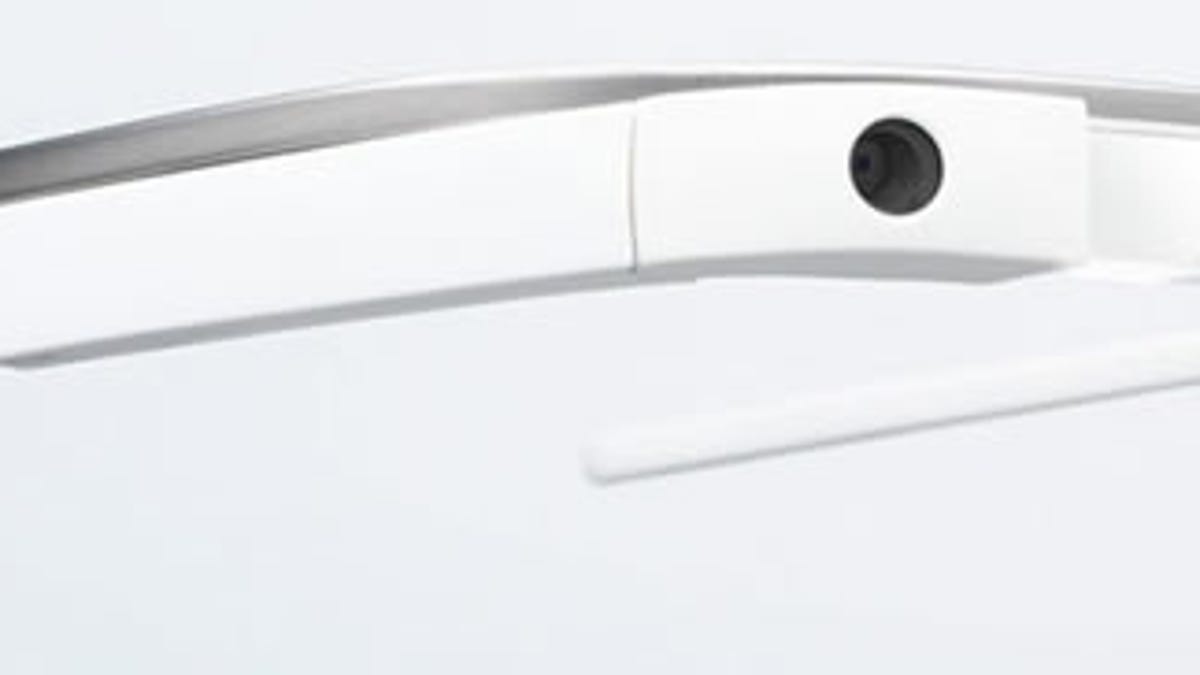Confirmed: Google Glass arrives in 2013, and under $1,500
Google's augmented-reality specs are ahead of schedule. Are you ready to get yourself fitted for a set?
Regular people will be able to purchase Google Glass eyewear by the end of 2013 for less than $1,500, sources have confirmed to CNET.
Google originally targeted 2014 for a consumer release when it revealed Project Glass last year, but the time frame has seemingly sped up in recent months, what with developer hackathons in San Francisco and New York and this week's announcement that people looking to put Glass to creative use could go through an application process to preorder the augmented-reality specs for $1,500.
The company also launched a new site promoting Glass that featured the below video of the new wearable tech in action.
The advancement of Google Glass also seems to coincide with recent rumors that the company is planning to open retail stores, presumably where consumers could get more familiar with products like Glass, and comfortable with the idea of wearing the funky rims on their face.
CNET has also been able to confirm that Glass will be able to connect via Bluetooth to both Android phones and the iPhone. Glass can pull down data from wifi or use the 3G or 4G feed from a connected phone, but it won't have its own cellular radio.
The Verge's Joshua Topolsky tried out Google Glass at the company's New York headquarters recently and reports that what is shown in the below promotional video is "nearly identical" to the actual user experience. In his review, he notes that the voice control on Glass isn't yet perfect and that slow data connections can quickly render the device useless.
Google says they plan to issue monthly updates to early users to refine the experience in the beginning.
Read more about how Google Glass works from CNET's Stephen Shankland.


